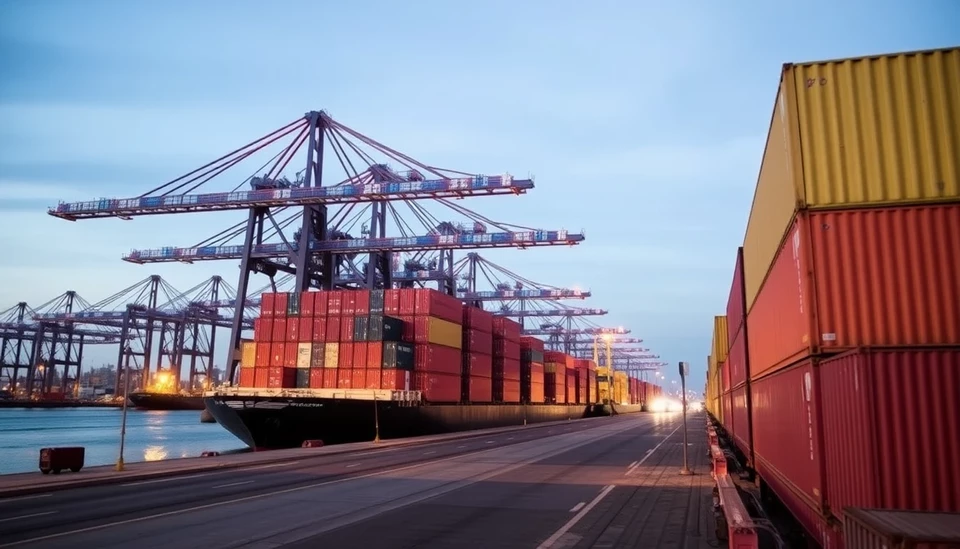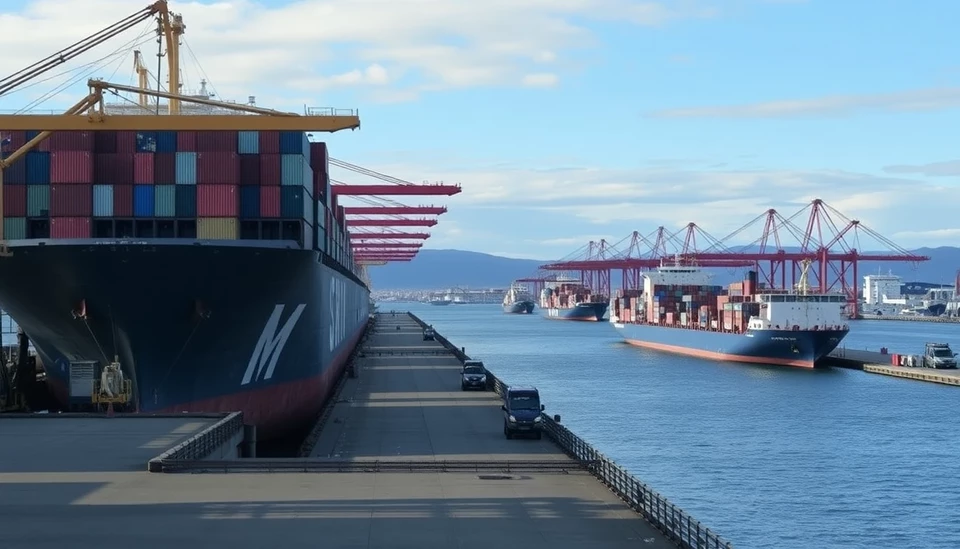
In a significant development poised to exacerbate Canada’s ongoing supply chain difficulties, dockworkers at the Port of Montreal have been locked out, following the decision of the port’s management to halt operations. This move comes amid escalating labor disputes that had already raised concerns about the nation’s logistical capabilities at a time when efficient supply lines are more critical than ever.
The lockout, which began on November 11, is the result of a breakdown in negotiations between the longshoremen's union and the port administration. Unresolved issues surrounding wages, working conditions, and job security have intensified tensions, leading to the drastic decision to lock out workers, thereby halting critical port operations that serve as a lifeline for goods flowing into and out of Canada.
This action has been met with immediate backlash from union representatives and industry stakeholders, who argue that the lockout will have far-reaching consequences not only for the local economy but for national trade and commerce. Union officials emphasized that this standoff could lead to significant delays and increased costs for businesses relying on timely shipments, as the Port of Montreal handles roughly 60% of Canada’s cargo shipments annually.
Industry analysts have already begun to assess the ramifications of the lockout. With a limited number of alternative ports available for redirecting cargo, the disruptions in Montreal could lead to increased congestion at other facilities, further complicating the supply chain landscape across the nation. The port’s strategic importance is magnified given its proximity to major North American markets, and the current situation is raising alarms about potential ripple effects on prices and availability of goods.
The Port of Montreal has historically been a critical hub for transcontinental trade, and its current operational challenges highlight vulnerabilities in Canada’s supply chain infrastructure. Experts are warning that prolonged disruptions could stymie economic recovery efforts, particularly as the country grapples with inflation and other market pressures. The situation is particularly dire for small to medium-sized enterprises that depend heavily on efficient shipping practices.
Negotiations are set to continue, but with both sides displaying little flexibility, the future remains uncertain. As stakeholders call for a resolution, the broader implication of this labor dispute sheds light on the fragile nature of supply chains, urging businesses to reassess their logistical strategies in preparation for ongoing turbulence ahead.
As the situation continues to unfold at the Port of Montreal, companies, consumers, and policymakers alike await crucial developments that could either restore normalcy or deepen the economic strife already influencing the Canadian market.
### Hashtags:
#MontrealPort #SupplyChainCrisis #LaborDispute #CanadaEconomy #Lockout #PortOperations
Author: Laura Mitchell

